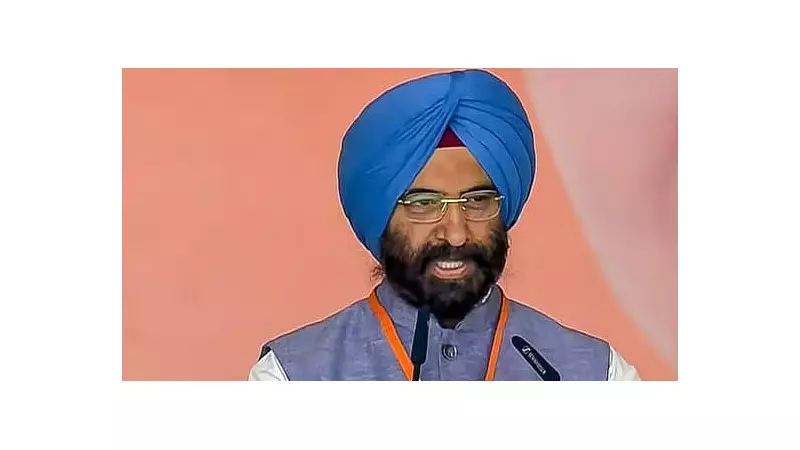
In a dramatic escalation of the ongoing air pollution blame game, Delhi's Environment Minister Gopal Rai has launched a scathing attack against the Punjab government, accusing them of compelling farmers to burn stubble while asserting that firecrackers played no significant role in worsening the capital's air quality crisis.
The Political Firestorm Ignites
The controversy erupted during a press conference where Minister Rai didn't mince words, directly pointing fingers at the Congress-led Punjab administration. "The Punjab government is forcing farmers to burn stubble," Rai declared, sending shockwaves through political circles and environmental groups alike.
Firecrackers: The Surprising Defense
In what many are calling a controversial stance, the Delhi minister made the bold claim that firecrackers during Diwali celebrations didn't significantly contribute to the deteriorating air quality. This statement comes despite widespread bans and restrictions on fireworks across the National Capital Region during the festival season.
The Data Behind the Dispute
Rai presented what he called compelling evidence to support his allegations:
- Satellite imagery showing rampant stubble burning incidents across Punjab
- Air quality monitoring data from pre and post-Diwali periods
- Comparative analysis of pollution sources in the region
The Farmer's Plight and Political Responsibility
The minister's comments have thrown the spotlight back on the perennial stubble burning issue that plagues North India every winter. While environmentalists have long advocated for sustainable alternatives to crop residue burning, the practical challenges faced by farmers and the political responsibilities of state governments remain at the heart of this complex problem.
Inter-State Tensions Boil Over
This latest accusation marks a significant deterioration in the relationship between the Aam Aadmi Party-led Delhi government and the Congress administration in Punjab. The air pollution debate has now transformed into a full-blown political confrontation, with each side preparing their defense and counter-arguments.
As Delhi continues to gasp for clean air, the political atmosphere has become equally toxic, setting the stage for a bitter inter-state conflict that could have far-reaching implications for environmental policy and regional cooperation in combating air pollution.






